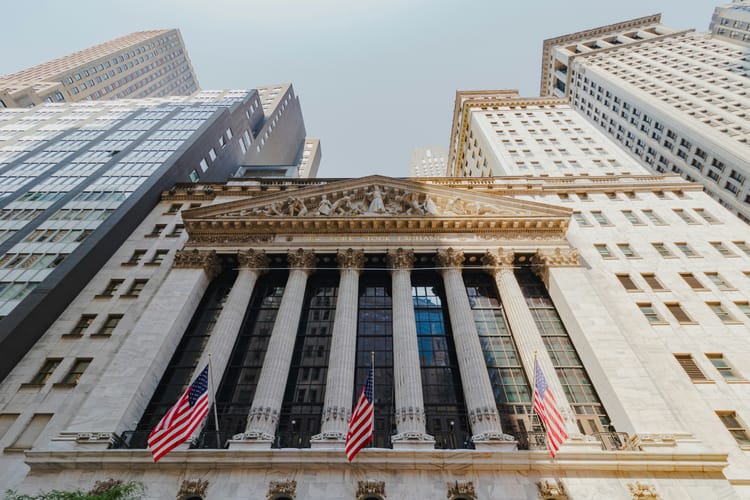Paris Agreement carbon market rules finalised at COP29

Carbon trading rules under the Paris Agreement were finalised last week at COP29 after nine years of disputes and negotiations, effectively operationalising a global, UN-managed carbon market.
Both Article 6.2 (governing the way countries can trade carbon units to support their national decarbonisation commitments) and Article 6.4 (the framework for a centralised carbon market for both countries and companies) were finally adopted in Baku, Azerbaijan.
“What this means is that the mechanism is now operational and global emissions trading under Paris is set for lift off,” said Alexia Kelly, Managing Director, Carbon Policy and Markets Initiative at the High Tide Foundation, commenting on the “huge news”.
Article 6.4: Carbon credit methodologies soon to be approved
Article 6.4, also known as the Paris Agreement Crediting Mechanism, sets out the ground rules on how carbon credit projects must be assessed before being approved to be traded under the Paris Agreement – namely environmental and human rights protections, as well as safeguards to ensure explicit and informed agreement from Indigenous Peoples.
Now the Article 6.4 Supervisory Body has started assessing the methodologies developed under the Clean Development Mechanism, the predecessor for Article 6, through which carbon credits were issued and traded under the Kyoto Protocol. Methodologies found to be in compliance with the new rules will be approved to issue Article 6-compliant credits.
“With carbon credits, the methodologies are what matter from an integrity perspective, so now is the time to engage on the [methodologies] under consideration and to ensure that we address some of the known issues from the first generation of projects under the UNFCCC Clean Development Mechanism and build a set of rules that deliver projects that deliver real atmospheric benefit and finance mobilisation for emerging markets,” added Kelly.
Later, it’s expected that new carbon projects will be developed specifically to sell credits within the UN-managed market.
“This is good news for developing countries, who will benefit from new flows of finance. And it is particularly good news for least developed countries, who will get the capacity-building support they need to get a foothold in the market,” the UN Framework Convention on Climate Change (UNFCCC) said in a statement.
As part of the negotiations, the UN also introduced an Appeals and Grievance procedure to allow anyone affected by a project to file a complaint.
Country-to-country carbon trading
On Article 6.2, countries left COP29 on Sunday with clarity on how they will trade carbon credits with each other in order to meet their national climate goals, known as Nationally Determined Contributions (NDCs).
In particular, rules on how to authorise and track this type of trade through carbon registries were adopted, unlocking collaboration between rich and polluting countries and those producing less emissions – but needing more finance to tackle climate change.
The credits to be traded under this system will also be issued under the rules of Article 6.4.
New hope for the global carbon market
2024 has been pegged as a ‘make-or-break’ year for carbon markets after initial enthusiasm about carbon finance mechanisms was tainted by controversies – and the year has indeed brought a lot of positive changes.
Beyond the rules agreed at COP29, the Integrity Council for the Voluntary Carbon Market (ICVCM) has now approved several forest credit methodologies to be certified under its Core Carbon Principles quality label – paving the way for millions of high-integrity forest carbon credits to become available from 2025.
A few months earlier, the ICVCM had rejected all existing methodologies for issuing carbon credits from renewable energy projects, arguing that they did not meet its additionality requirements (which means that it is not clear whether projects would go ahead without the incentive of carbon credit revenue).
The type of transparent quality assessment and rulemaking that has marked 2024 is set to infuse new trust in the carbon market starting next year.







Member discussion